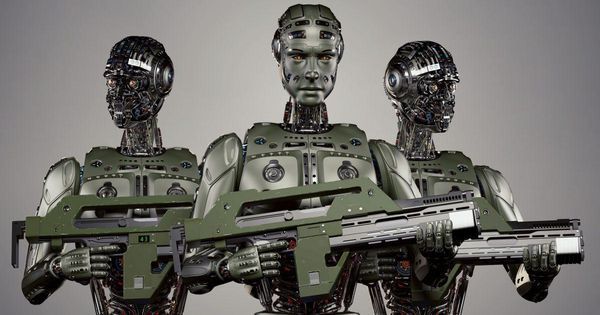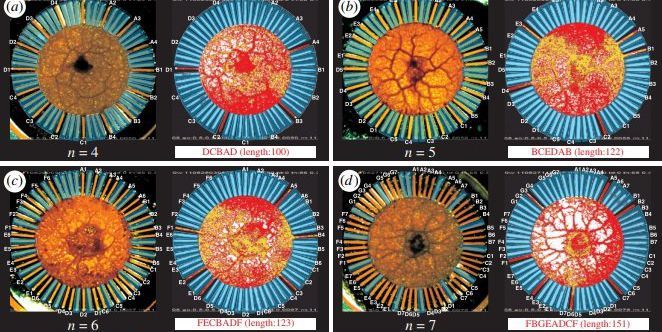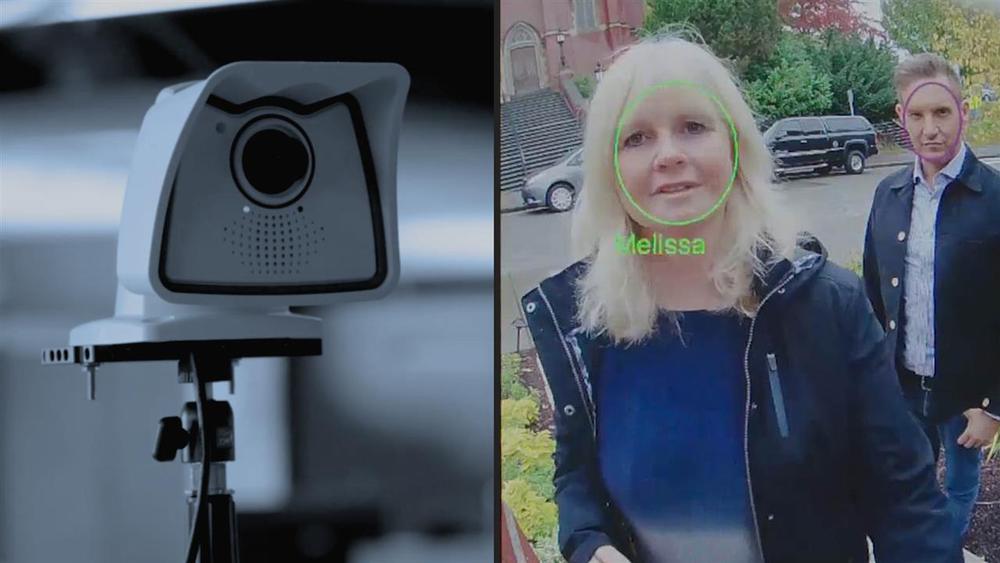Amidst these complex security challenges and the sea of unknowns coming our way, what remains fundamental for the safety and security of the human race is the role of programmers and programming along with the integrity of semiconductor chips. The reason behind this is programmers can define and determine the nature of AWS (at least in the beginning) until AI begins to program itself.
Weaponized artificial intelligence is almost here. As algorithms begin to change warfare, the rise of autonomous weapons systems is becoming a terrifying reality.









